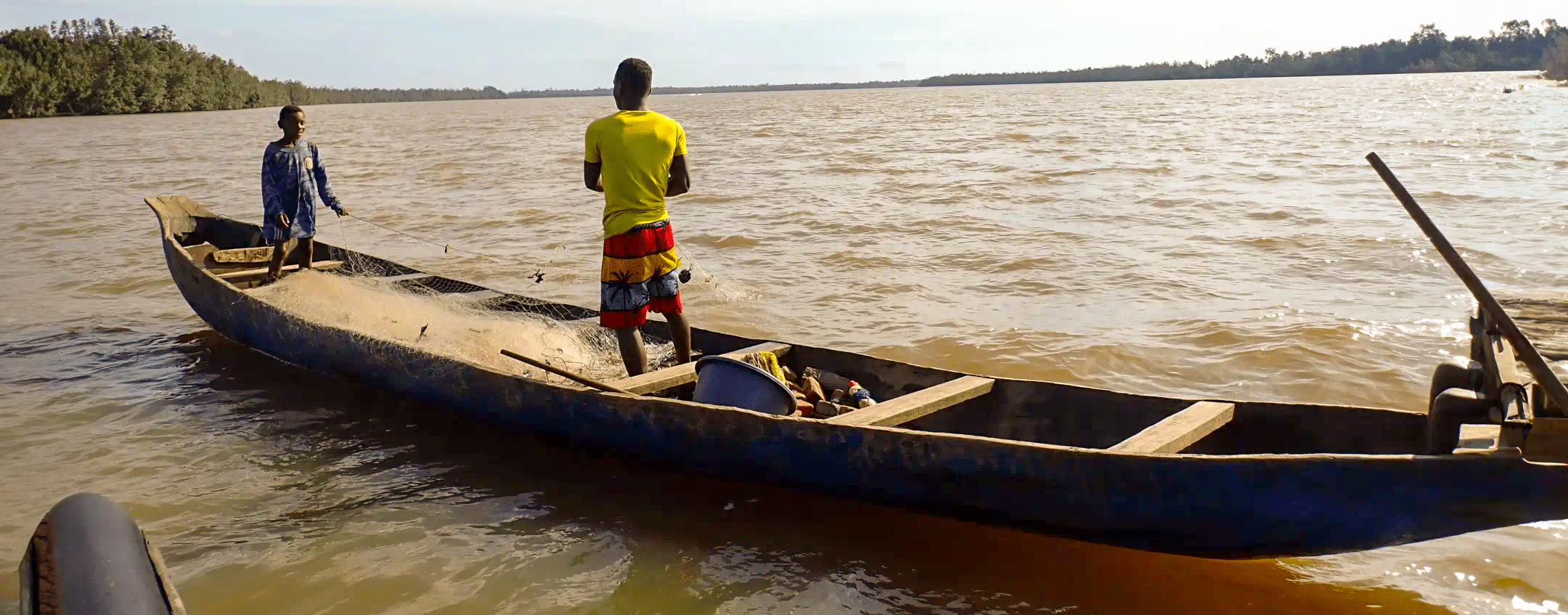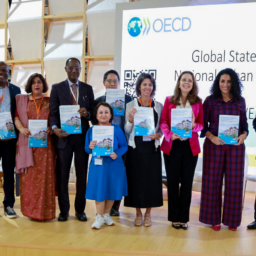Cairo, 8 November 2024
Cameroon, like many rapidly urbanizing countries, faces a dual challenge: ensuring sustainable urban growth while safeguarding its vital water resources. In the city of Douala, this challenge is particularly acute as urban development encroaches on rivers and wetlands, leading to severe flooding, loss of biodiversity, and poor water quality. Recognizing these threats, the Integrated River Resource Management for Urban Development initiative has emerged as a beacon of hope for sustainable city planning.
Douala’s Urban Waters Under Threat
Douala’s rapid expansion has placed immense pressure on its natural waterways. Rivers that once nurtured thriving ecosystems now contend with pollution, unregulated construction, and climate change-induced flooding. The results are devastating: displaced communities, damaged infrastructure, and public health crises.
To address these issues, the initiative adopts a holistic approach to urban river management, weaving together environmental conservation, social inclusion, and infrastructure resilience. Supported by local authorities and international partners, the program is designed to restore river ecosystems while creating vibrant, livable urban spaces.
Reclaiming Rivers for People and Nature
The project focuses on integrating nature-based solutions with urban planning. Floodplains are being rehabilitated into green corridors, serving as natural buffers against flooding and havens for biodiversity. Simultaneously, measures are being taken to ensure urban expansion respects river boundaries, protecting vulnerable ecosystems.
Community participation is at the core of the initiative. By involving local residents in cleanup drives, awareness campaigns, and co-creation workshops, the program empowers citizens to become stewards of their waterways. This inclusive approach ensures that the benefits of sustainable river management reach all, especially marginalized communities often bearing the brunt of environmental degradation.
Towards a Resilient Future
The initiative also aligns with the Sustainable Development Goals (SDGs), particularly SDG 11 (Sustainable Cities and Communities) and SDG 6 (Clean Water and Sanitation). It prioritizes innovative urban policies that integrate water-sensitive design, fostering cities that are not only resilient to climate impacts but also thrive on equitable access to water resources.
UN-Habitat, through its expertise in sustainable urbanization, supports such transformative projects globally. By combining technical guidance with policy advocacy, UN-Habitat ensures that integrated solutions are not only implemented but also scaled across regions facing similar challenges.
A Blueprint for Urban Water Management
The success of Douala’s integrated river management initiative sends a powerful message: sustainable development and environmental conservation can coexist. As cities across the globe grapple with the impacts of climate change and rapid urbanization, Douala’s approach offers a replicable model for rethinking urban planning.
Through initiatives like these, UN-Habitat continues to champion the vision of inclusive, resilient, and sustainable urban development, leaving no one and no place behind.



